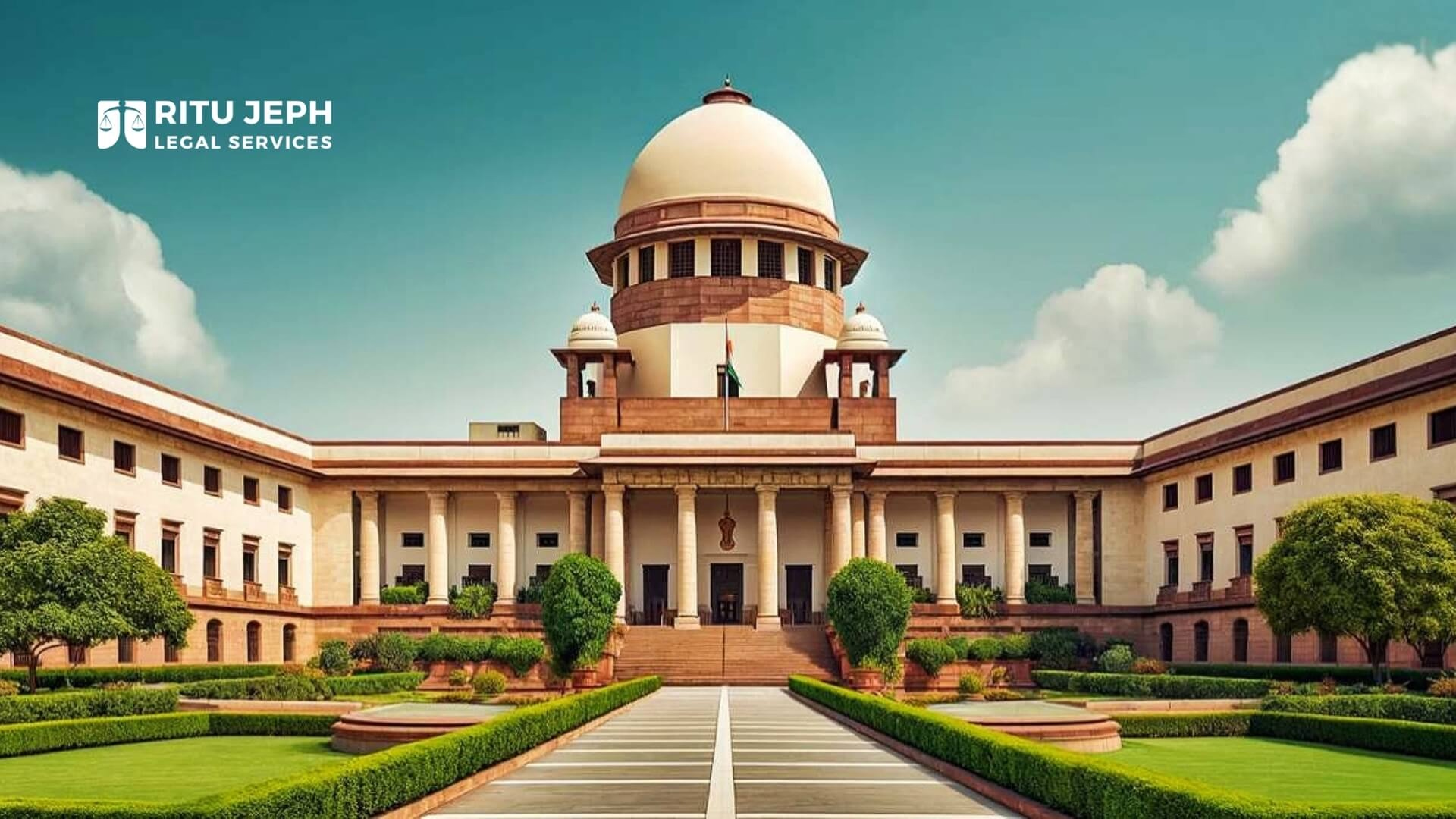Book Appointment Now

Supreme Court Strikes Down Electoral Bonds Scheme: What You Need to Know
Supreme Court strikes down electoral bonds scheme, emphasizing transparency in political funding and accountability. Learn key takeaways and implications of the landmark decision
Recently, the Supreme Court of India made a significant decision regarding the electoral bonds scheme. Here’s a breakdown of what happened and why it matters:
Unconstitutional Scheme: The Supreme Court, through a unanimous decision by a five-judge Constitution Bench, declared the electoral bonds scheme unconstitutional. This scheme allowed anonymous political donations, which the court found violated the right to information under Article 19(1)(a) of the Constitution.
ALSO READ: A Comprehensive Guide to India’s Court System and Judicial Hierarchy
Key Takeaways from the Verdict:
- Right to Information: The court emphasized that the scheme infringed upon the fundamental right to information. It argued that transparency in political funding is crucial for holding the government accountable and fostering participatory democracy.
- Proportionality Test: The court applied the proportionality test from the KS Puttaswamy case, which upheld the right to privacy. It found that the government failed to adopt the least restrictive methods to curb black money in electoral financing.
- Donor Privacy: While acknowledging the right to privacy of political affiliation, the court clarified that it doesn’t extend to contributions made as a quid pro quo measure. It highlighted the disproportionate influence of corporations in political contributions.
- Corporate Donations: The court criticized the amendment to the Companies Act, 2013, which allowed unlimited political contributions by companies. It argued that this provision favored corporate interests over free and fair elections.
- Amendment to Representation of the People Act: The court quashed the amendment that exempted donations received through electoral bonds from disclosure requirements. It believed that transparency in political funding is essential for informed decision-making by voters.
- Implications of the Decision: The Supreme Court’s ruling has immediate implications. It halts the issuance of further electoral bonds and requires the State Bank of India to provide details of bonds purchased by political parties since April 12, 2019. Additionally, electoral bonds that have not been encashed by political parties will be refunded to the purchasers.
ALSO READ: Understanding India’s Proposed Criminal Law Reforms: A Comprehensive Overview
In summary, the Supreme Court’s decision on the electoral bonds scheme marks a significant milestone in Indian democracy. It emphasizes the importance of transparency and accountability in political funding, ensuring a fair electoral process for all citizens.
Keep Checking our website for more such interesting articles on latest legal news and Constitutional Bench Verdicts and Informative Legal Posts. Advocate Ritu Jeph, specializes in helping children overcome stress, anxiety, and negative thoughts, and provides career guidance. We offer comprehensive family welfare and counseling services. To learn more, feel free to reach out to us via email, chat or directly Book an Appointment.



